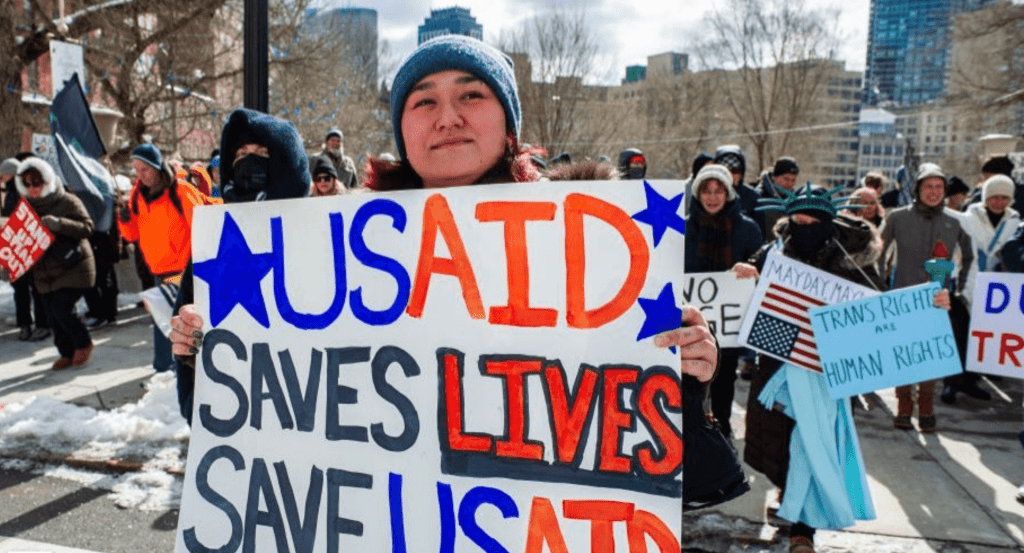The United States Agency for International Development (USAID) is experiencing a wave of resignations and layoffs, with hundreds of employees leaving their positions due to policy changes under the current U.S. administration. The shake-up has sparked concerns about the future of America’s global development and humanitarian aid efforts.
Reports indicate that many USAID staff members resigned in protest of new directives that significantly alter the agency’s approach to foreign aid. These changes include a shift in funding priorities, a reduction in global health programs, and stricter oversight on international partnerships. Some employees expressed frustration over what they see as a politicization of aid, with concerns that long-standing projects in conflict zones and developing nations could suffer.
In addition to voluntary resignations, large-scale layoffs have been implemented, with sources confirming that hundreds of employees have been let go in recent weeks. The administration argues that the restructuring is necessary to align USAID’s work with the government’s broader foreign policy objectives. However, critics warn that such moves could weaken America’s influence abroad and hinder urgent humanitarian efforts.
The impact of these changes is already being felt in several regions where USAID plays a crucial role. Programs focusing on poverty reduction, disaster relief, and health initiatives in Africa, Latin America, and parts of Asia may face funding cuts or delays. Aid organizations relying on USAID support have raised alarms over potential disruptions, particularly in areas facing crises such as food insecurity, disease outbreaks, and displacement due to conflict.
Current and former USAID officials have expressed concern over the long-term consequences of these shifts. Some warn that reducing aid commitments could create a vacuum that other global powers, such as China and Russia, may seek to fill, altering geopolitical dynamics in key regions. Others worry about the loss of institutional knowledge as experienced professionals exit the agency.
Despite the uncertainty, USAID leadership has reassured that critical programs will continue, though with revised strategies. The agency’s future direction remains a subject of debate, with stakeholders closely watching how these changes will affect U.S. engagement in global development. As the restructuring progresses, the international community is waiting to see whether USAID’s role as a leading humanitarian force will be diminished or reshaped for the years ahead.




















